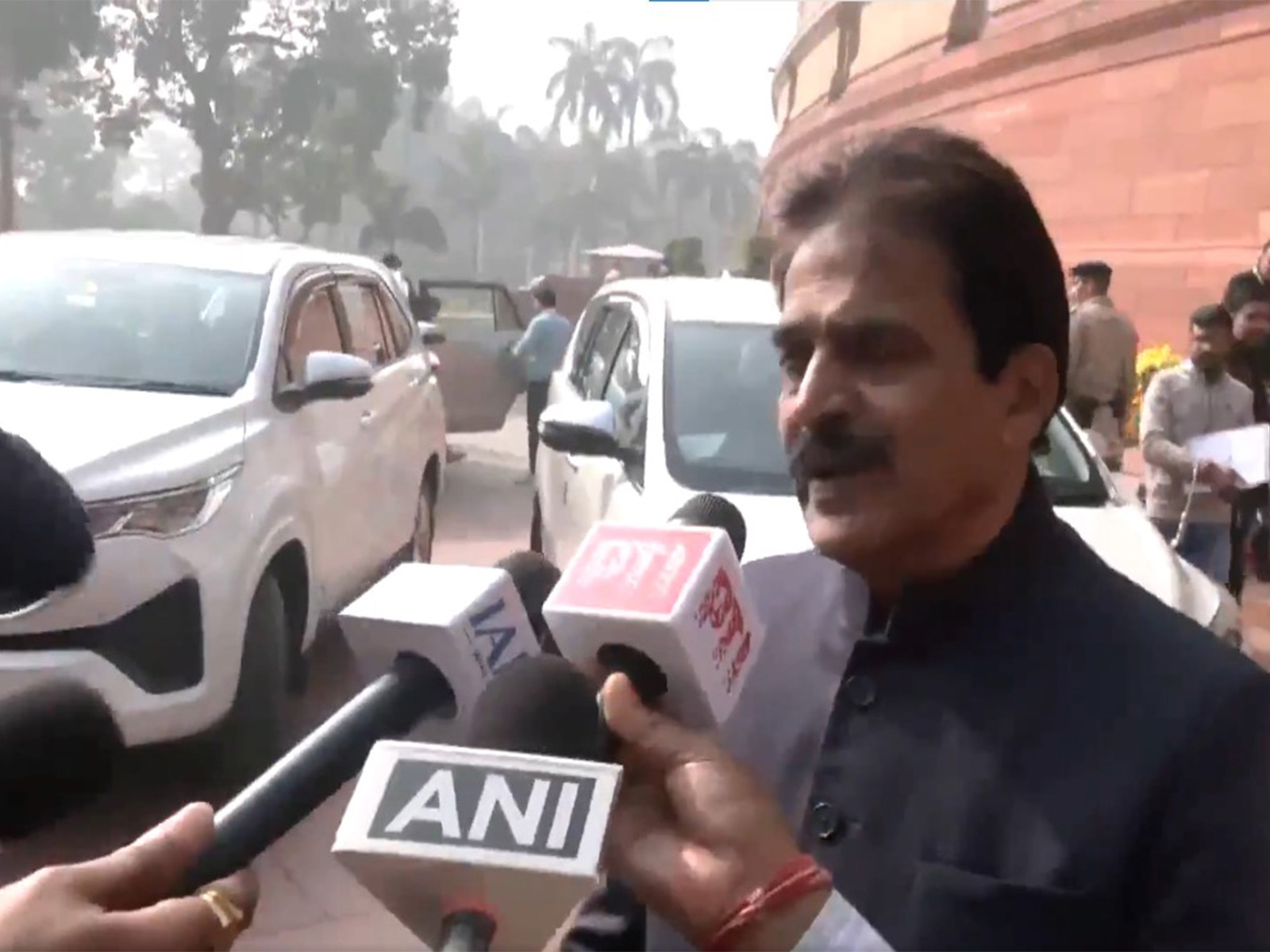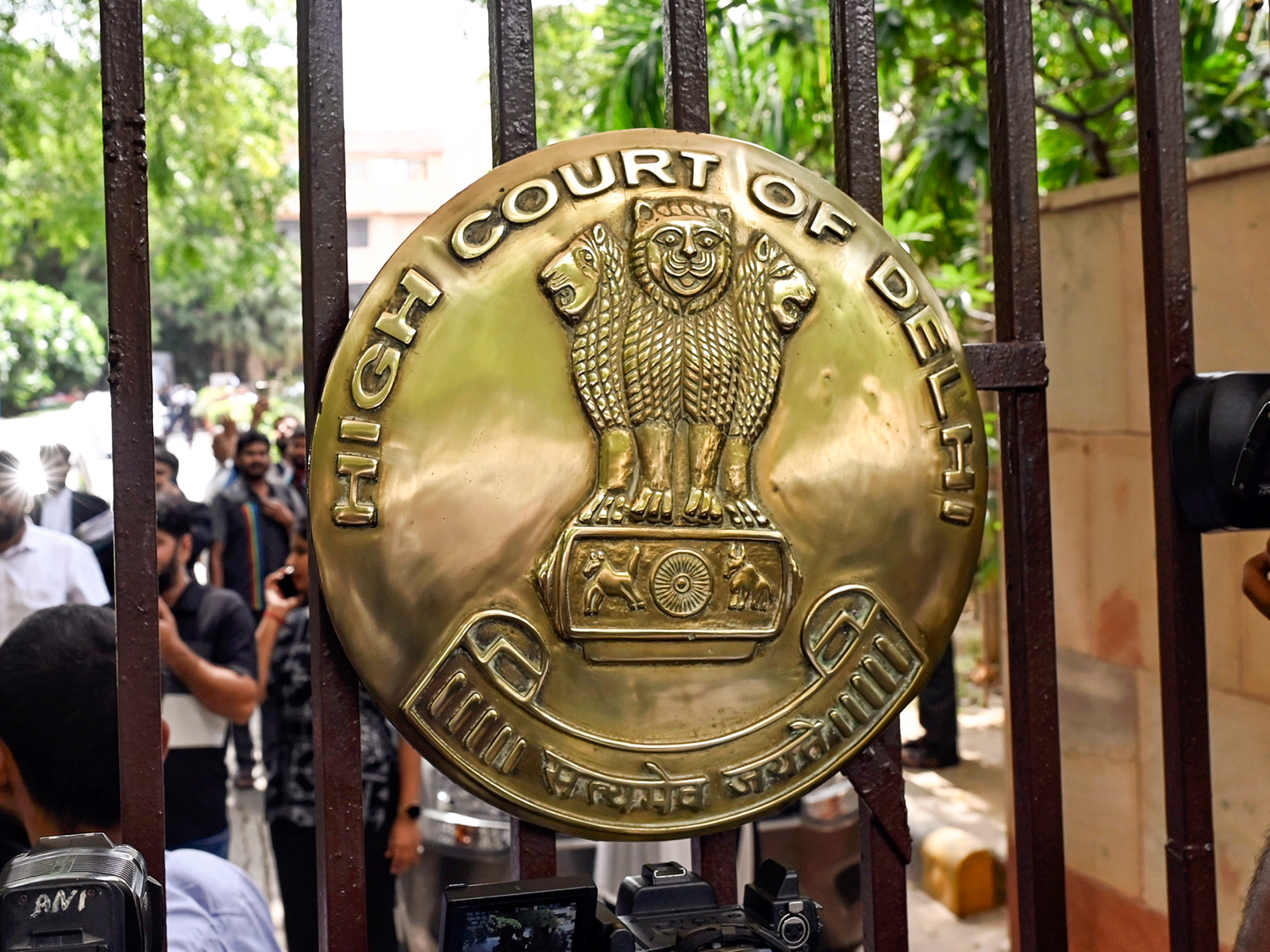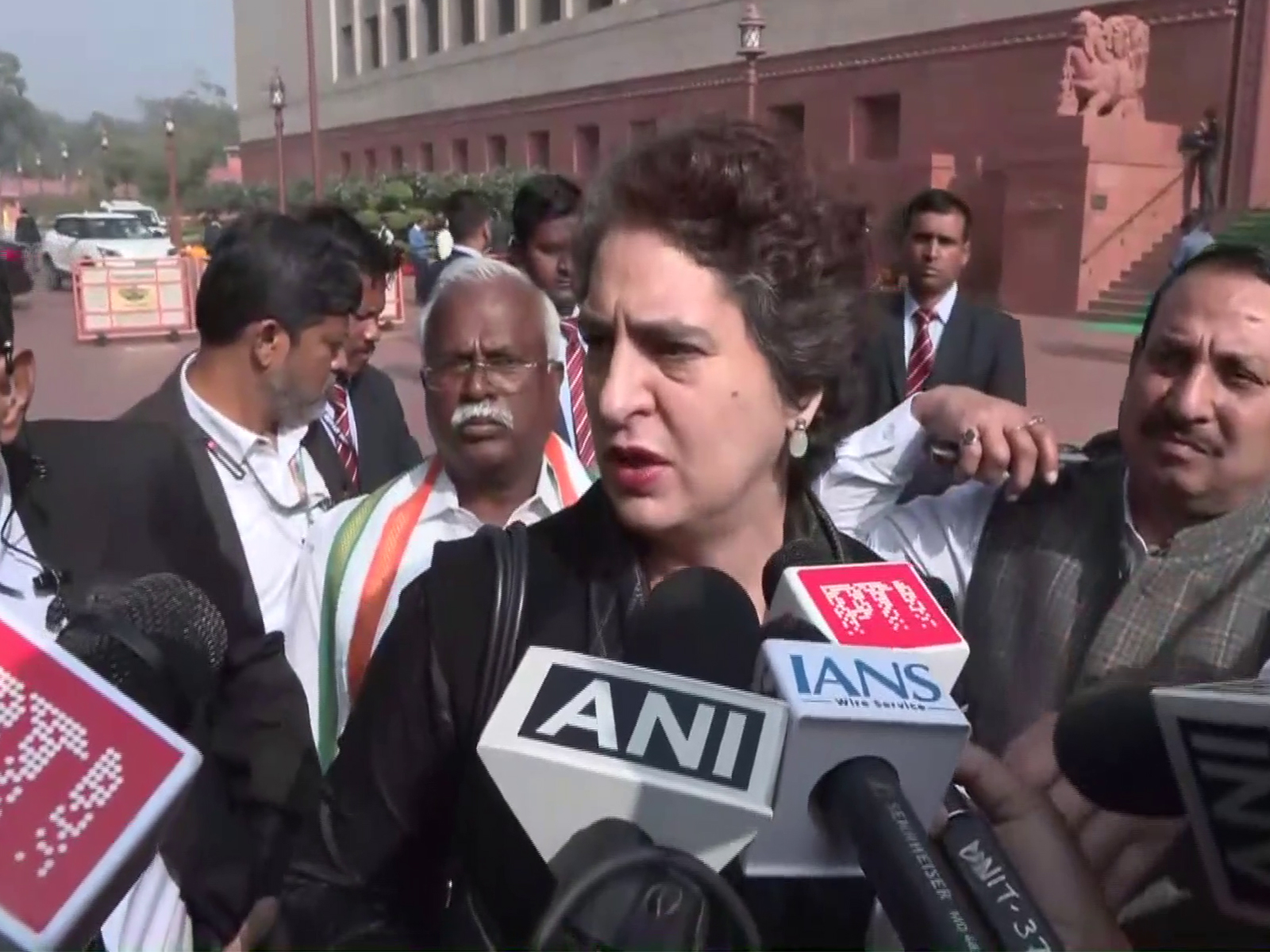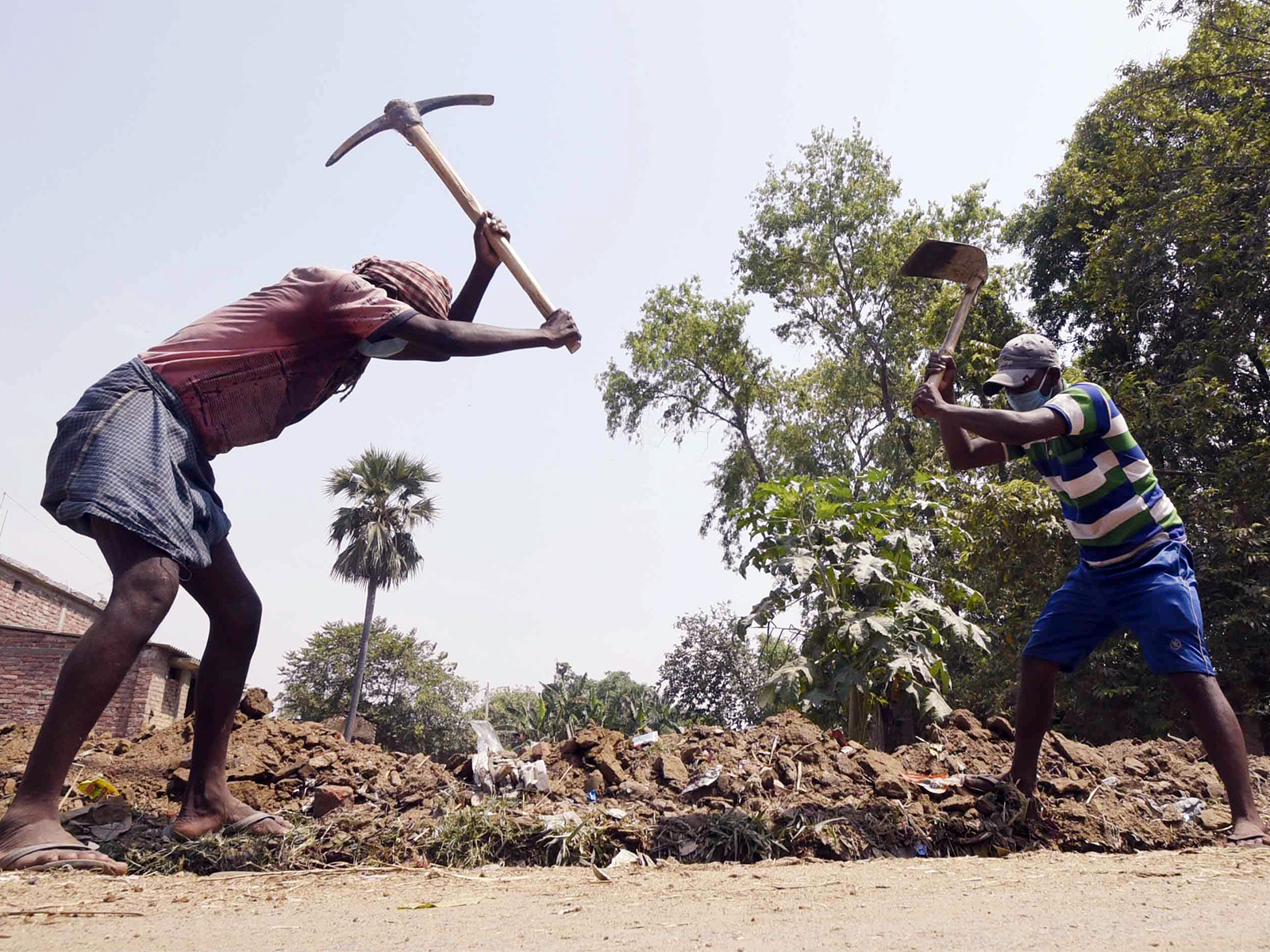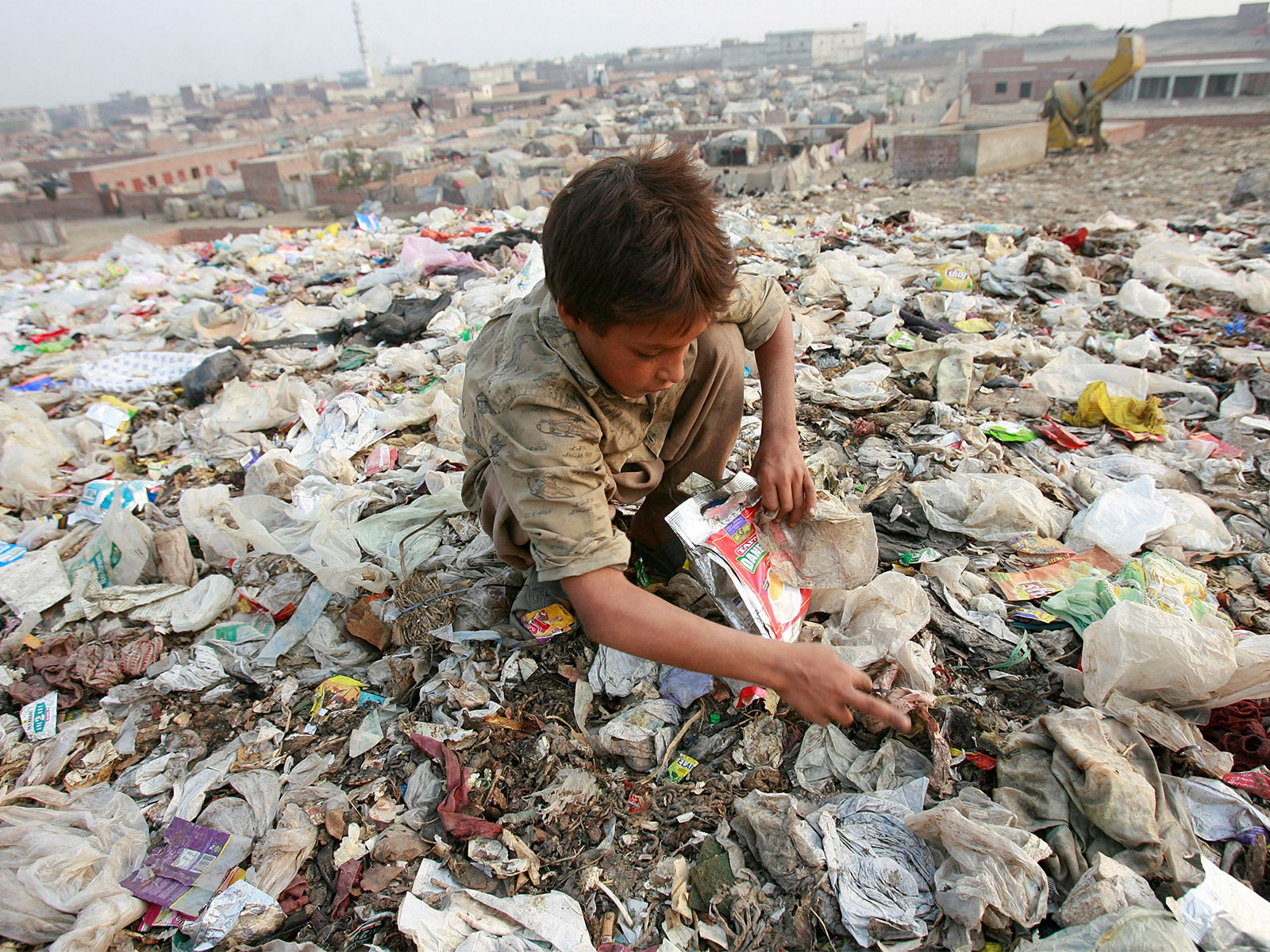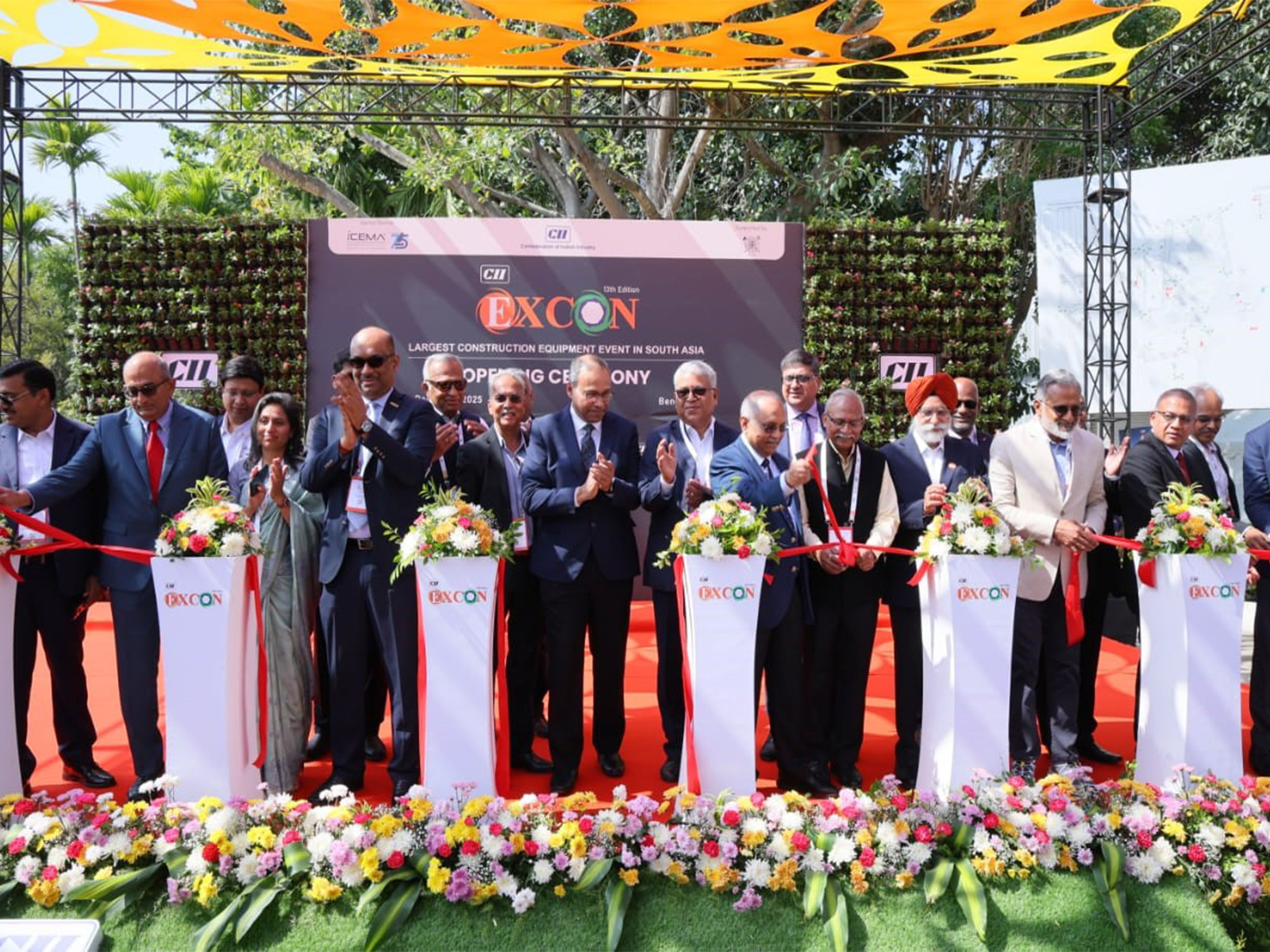As drone industry develops, counter-drone strategy will also develop, says Civil Aviation Secretary
Aug 26, 2021

By Naveen Kapoor
New Delhi [India], August 26 : With the government releasing liberalised rules to make India a drone hub, Civil Aviation Secretary Pradeep Singh Kharola has said that counter-drone strategies will also be developed as the drone industry develops in the country.
"As the drone industry develops, we will also be developing the counter-drone measures along with that," Kharola told ANI in an exclusive interview.
He said a large number of safety and security features are there in the liberalised Drone Rules, 2021 which were notified on Thursday.
"A large number of safety and security features have been built-in. But at the same time, the main thrust has been that this policy is based on the philosophy of self-certification, self-control and non-intrusive monitoring, be that as it may," he said.
Kharola said the most important feature of this drone policy is that it seeks to promote the manufacture and usage of drones.
"It's true that drones, may at times, pose security challenge. Even that issue, to the extent possible, has been addressed in this policy," he said.
He said the most important feature of this drone policy is that it seeks to promote the manufacture and usage of drones.
"We have created the enabling environment for that purpose," he said.
The new rules state that manufacturers and importers may generate their drones' unique identification number on the digital sky platform through the self-certification route.
They state that testing of drones for issuance of Type Certificate to be carried out by Quality Council of India or authorised testing entities and Type Certificate is required only when a drone is to be operated in India.
Importing and manufacturing drones purely for exports are exempt from type certification and unique identification number. Nano and model drones (made for research or recreation purposes) are exempt from type certification.
Safety and security features like 'No permission - no takeoff' (NPNT), real-time tracking beacon, geo-fencing will be notified in future and a six-month lead time will be provided to the industry for compliance.
Kharola said the policy has the capability "of distinguishing a good drone from a bad drone".
Noting that drones have an immense potential of being used in various sectors, he said they can be used in mining and survey.
"Best example is that we had locust attack last year which was tackled by drones," he said.
He noted that vaccines can be delivered using drones, especially in difficult terrain.
Kharola said development of drone industry will lead to employment opportunities.
"There is huge potential in manufacturing, research and operation of drones. All these new employment sectors will emerge," he said.
The Ministry of Civil Aviation (MoCA) had published the Unmanned Aircraft System (UAS) Rules, 2021 in March this year. They were perceived by academia, startups, end-users and other stakeholders as being restrictive in nature as they involved considerable paperwork, required permissions for every drone flight and very few "free to fly" green zones were available.
Based on the feedback, the government decided to repeal the UAS Rules, 2021 and replace the same with the liberalised Drone Rules, 2021.
Civil Aviation Minister Jyotiraditya Scindia has said that the government's aim is to make India a global drone hub by 2030.
